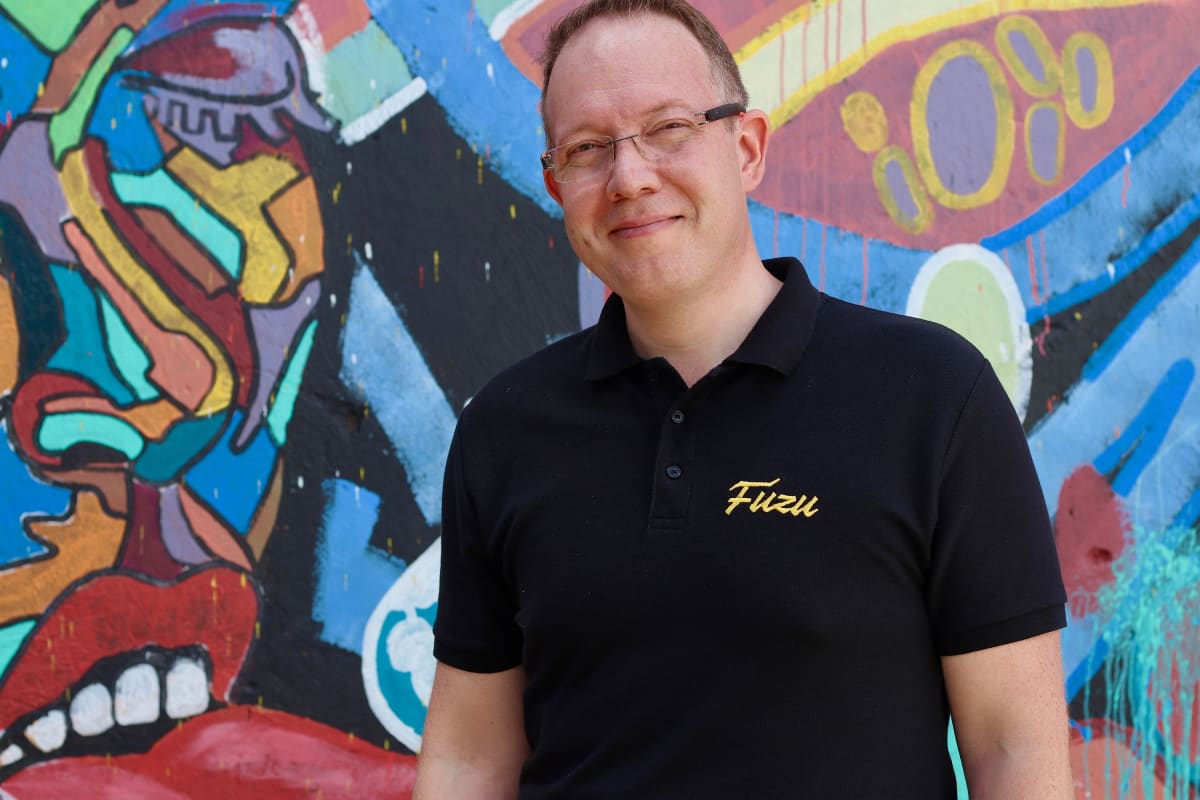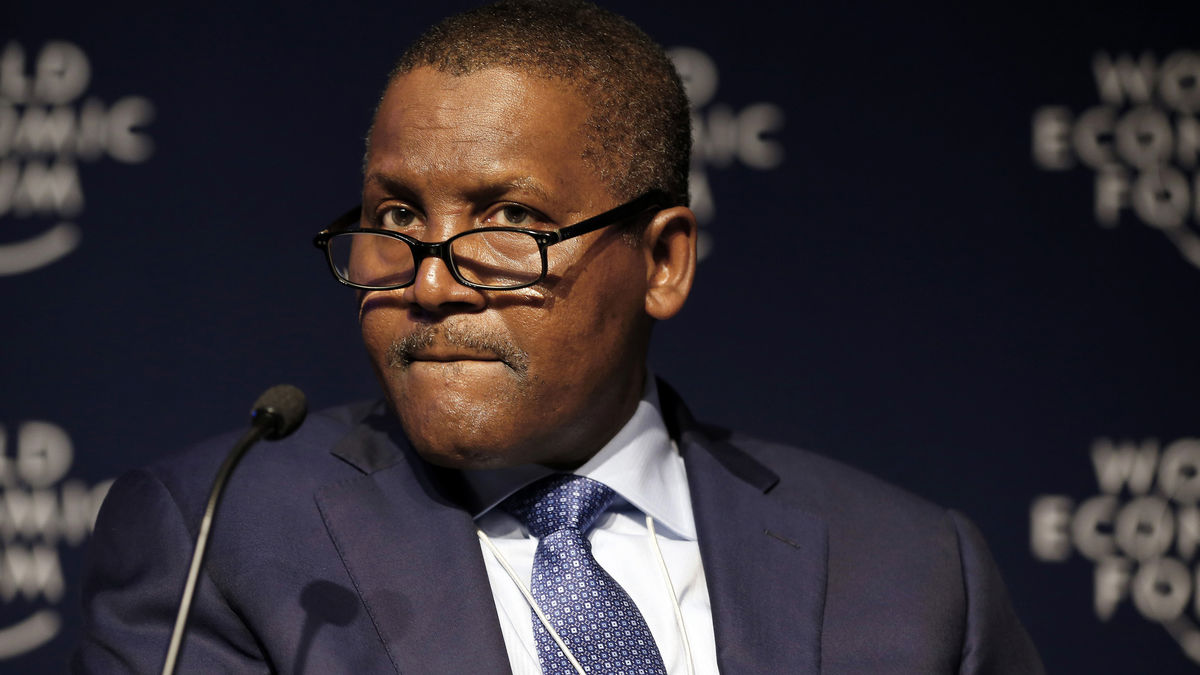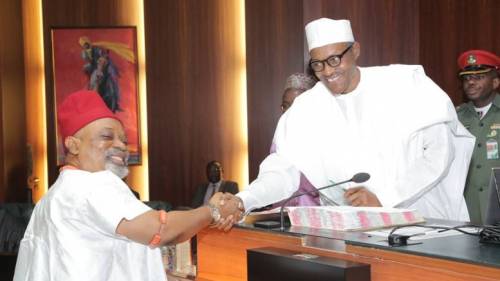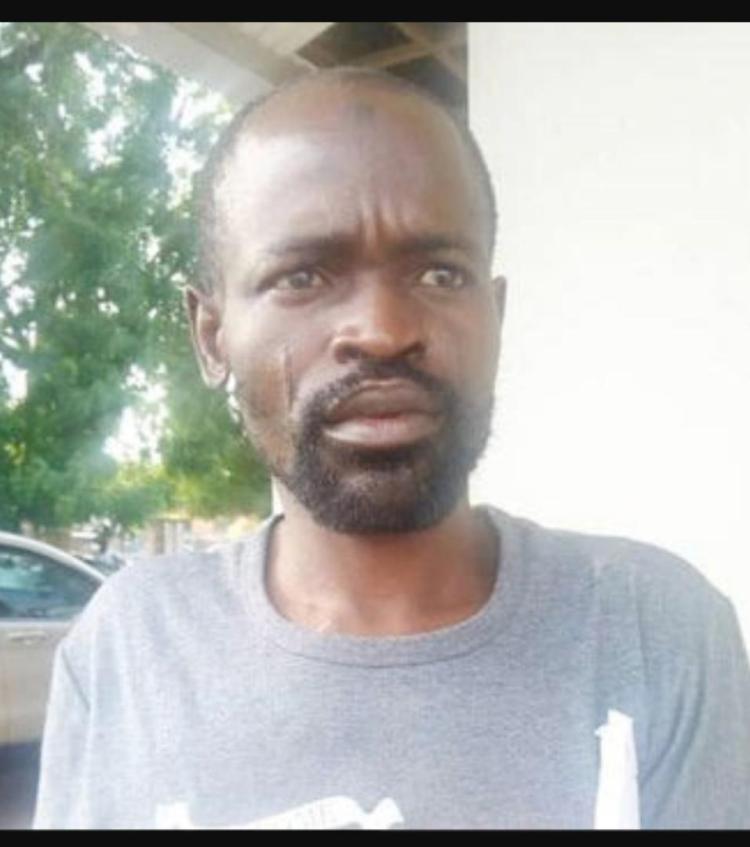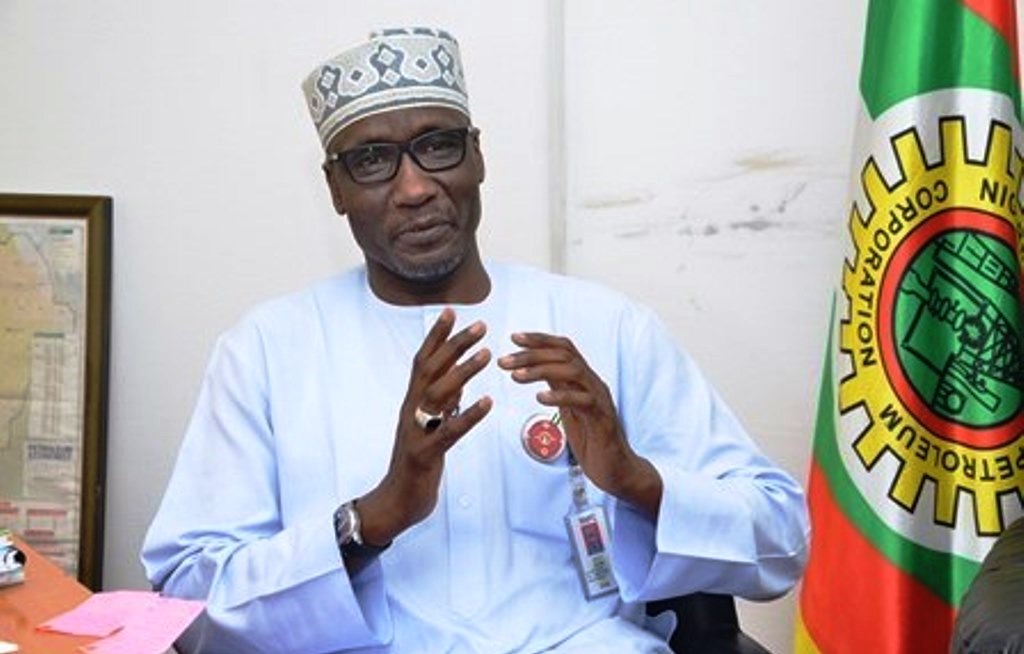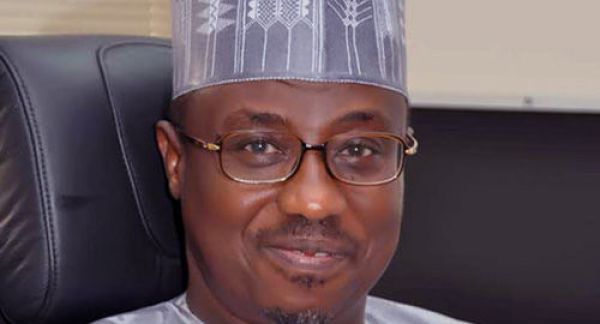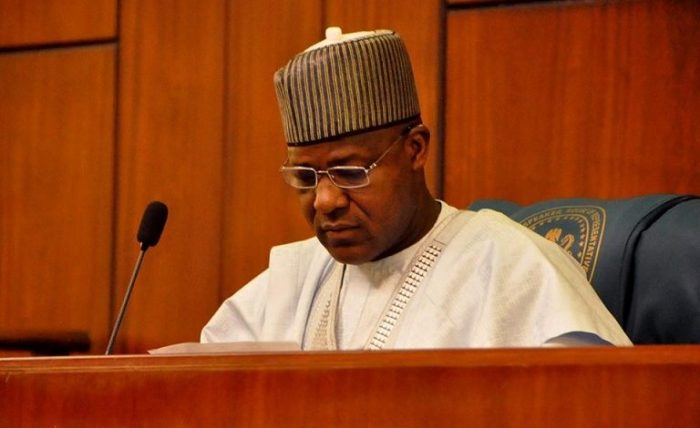By Debo Oladimeji
Fuzu (meaning ‘to succeed’ in Swahili), is an online career development platform that aims to make recruitment in Nigeria completely transparent and efficient was launched in Lagos on November 23rd, 2021.
Fuzu is a mobile-friendly service that can be accessed with all devices, from smartphones, tablets and PC’s and allows users to learn about different career opportunities. Additionally, users will have access to more than 400 free and paid-for courses in various competence areas from basic work skills to topics such as entrepreneurship among others.
The Head of Marketing at Fuzu, Irene Aguh disclosed that Fuzu has started a conversation by involving all key stakeholders – career builders, the private sector, policymakers and others in a constructive debate around improving skills and employment opportunities in Nigeria. “This is why our inaugural event was critical to our mission,”
People who attended the launching shared their opinions on the root cause of rising unemployment in Nigeria.
CEO Stealth Insurtech, Mr. Gbenro Dara, disclosed that generally, the employment sector in Nigeria is thriving. A lot of young individuals are developing their talents.
“There is a lot to tap from these individuals. A lot of employers now need to be flexible with their needs, to the culture that would allow this kind of individuals to thrive. I think overall, Fuzu will help in the growth of our economy and help to reduce the unemployment rate. Fuzu is a great platform and has a lot of opportunities for Nigeria.”
The Managing Director and Creative Director, Interiors By Anora, Nora Azubiuke, noted that the launching of Fuzu in Lagos was a successful event and was long-awaited. “We have been expecting it to happen. We know that in the employment space, we don’t have enough skilled people and even employers who are flexible, so we need to start a conversation and Fuzu has done the right thing in initiating that conversation.” She was optimistic about the launch of Fuzu Nigeria to support Nigerian professionals. “We feel it is closer to us and the problem we face in this space in Nigeria will be focused on rather than just a global thing.”
AFEX Marketing and Corporate Communication Manager, Obianuju Okafor was impressed that Fuzu was able to bring employers and employees to discuss together.“This was an opportunity for employers and employees to come together to discuss the ways both of them can come together to make talent in Nigeria better.
She said that the discourse also enables companies to know the talents that are available and the ones that are needed as well. “Because they showed a lot of figures here that analyzed the gaps between talents in Nigeria; the talents that are needed and the talents that are available.
She urged the youth to always be ready to upskill themselves. “Fuzu has a lot of tools, articles and learning opportunities that they can take advantage of. They should watch out for Fuzu.”
On his own, Segment Manager/ CEO Promosack, Temitope Ekundayo, said that the launch was about talent. “Increasing your talent is like a demand and supply thing.”
He said that Fuzu is in Nigeria to help improve employability in terms of known jobs, but at the same time, we need more employable talents that companies can employ.
He urged youth seeking to upskill to go online towww.fuzu.com. “Check out for opportunities to upskill and be much better. Try out as much as possible on improving yourself at the workplace.”
One of the youths who attended the launch, a Poet, Umaru Sherifat, said that she got to know that every child has potential irrespective of their class, age, level of Intelligence quotient (IQ) or geographical location.
“Every child can contribute something to our world. It could be artistic or creative. That is what it takes to change someone’s life. It has made me believe that I can become whatever I want to.”
Country Director of Fuzu, Patricia Duru, said Fuzu’s product offering is truly revolutionary. “As a student fresh out of university, I never had the kind of career guidance I hoped for. I was left to fend for myself in an extremely competitive job market. Fuzu’s mission resonates with me because we want to ensure that no one entering the job market in the future has to face the personal and financial uncertainty that has been so commonplace in the past,” she said.
Duru who was the ex-VP at Cars45 said Fuzu has its sights set on completely transforming the face of recruitment and talent development in Nigeria. “Statistics have proven that not only does Fuzu improve its user’s skills profile, it also eliminates all forms of conscious and unconscious bids from recruitment.”
Meanwhile, the CEO of Fuzu, Mr. Jussi Hinkkanen, explained that for employers, Fuzu provides a set of sophisticated tools for identifying best matching candidates via powerful search and recruitment solutions and automated analysis of CVs.
“The platform integrates online psychometric testing and talent profiling of candidates to the application process, thus making it easy to find candidates that best match with the requirements.
“Our research with career builders and employers showed clearly that the solution is focusing on the strengths of an individual’s talent, who they are, where their potential lies and how we can best match them with the employment opportunities out there.”
He said that Fuzu is aiming to catalyze change through a call-to-action to the private sector. “Fuzu is urging industry leaders to lead in making employment opportunities available to the public. We’ll provide your business with the infrastructure and knowledge support. All you have to do is embrace the working population of Lagos and give them a chance for their potential to shine through.”
